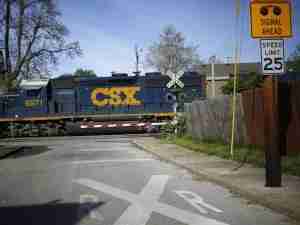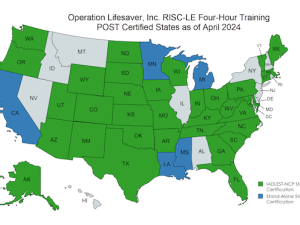Go-Ahead Sees Drop in Commuter Numbers Adding to U.K. Rail Woes
By: | Sep 07 2017 at 03:43 AM | Intermodal
Go-Ahead Group Plc said earnings at its troubled rail division are set to come under further pressure as uncertainty about the U.K. economy weighs on commuter numbers at one of its biggest franchises. The stock fell as much as 6.7 percent.
Passenger growth is slowing at the Southeastern network, which operates trains into five major terminals including London Bridge and the U.K. capital’s Victoria station, Go-Ahead said in a statement Thursday. The company will also suffer a revenue slump after losing the London Midland contract and is still locked in talks over a move to driver-only trains that’s led to crippling strikes.
“Southeastern depends on what is happening in central London,” Go-Ahead Chief Executive Officer David Brown said in an interview. “If there are doubts about the economy, people are reluctant to spend money on a season ticket for travel months ahead.”
Brown said that Go-Ahead has also seen some impact on discretionary travel at London Bridge, where three terrorist attackers swerved a van into pedestrians on June 3 before going on a stabbing spree in nearby bars, killing seven people.
Go-Ahead remains engaged in a “constructive dialog” with the Aslef train-drivers union over plans for doors to be closed from the cab rather than by guards on services operated by its Southern business, which connects the counties of Kent and Sussex with London Bridge and Victoria stations.
Aslef members have already rejected a deal backed by officials. Brown said there’s less engagement with the RMT labor group, whose members have staged a series of strikes over the new working practices.
Pretax profit fell 5.7 percent to 136.8 million pounds ($178 million) in the year ended July 1, Go-Ahead reported, with bus earnings flat and rail suffering a 16 percent decline.
Go-Ahead shares fell to as low as 1,636 pence and were trading 4 percent lower at 1,683 pence as of 8:41 a.m. in London. The stock has fallen 25 percent this year.






